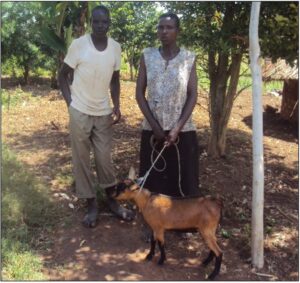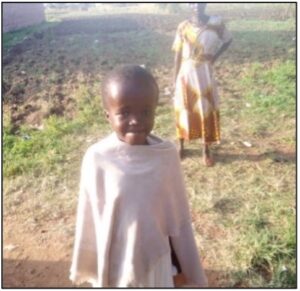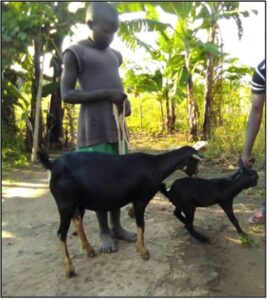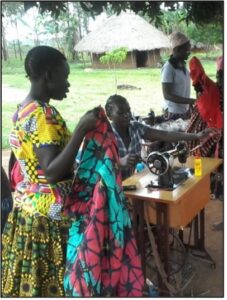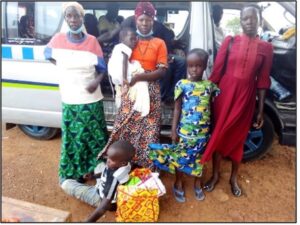
POSHU Newsletter
Welcome to the seventeenth edition of the POSHU Newsletter
The aim of this newsletter is to raise greater awareness of the work POSHU is doing, to keep regular supporters informed and to outline how supporters (new and old) can help. Covid-19 continues to impact lives far and wide, including those in the POSHU community. POSHU continues to provide support to all involved in its projects, throughout these challenging times.
POSHU is an organisation founded by Australian woman, Susan Howe, 13 years ago, in 2009. POSHU is registered for fundraising in Victoria, Australia and as a Community based organisation in Uganda. POSHU works with women in rural, urban, and remote areas of Uganda.
It focuses on places where women are affected by HIV/AIDS, are Internally Displaced Persons (IDP) and those whose lives, are impacted by violence and poverty.
The project is funded from Susan’s own pocket, as well as the generosity of POSHU’s many supporters in Australia and beyond. POSHU now operates in 16 villages teaching women’s literacy in English, local language, math, sewing and agriculture.
A further 16 groups have transitioned to independent Friends of POSHU sewing co-operatives. There are another 4 Friends of POSHU Groups due to open soon.
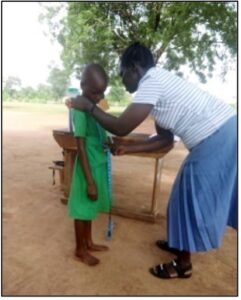
POSHU Moroto – An active group making a difference
Moroto District is 500km north-east of Kampala. POSHU established classes here 5 years ago, working with traditional Karamojong tribal people in their remote villages.
They are making the most of what POSHU has to offer and are very active on all fronts – literacy, agriculture, sewing, sports and raising pigs and cows. POSHU supports the local community in 4 villages within Moroto District.
The group is over 200 members strong, including 90 sewing students and 5 teachers. They have formed strong friendships with our POSHU team in Kumi District, where until recently these 2 tribes, Karamajong and Ateso, have clashed.
Looking to the future, the Moroto group need more sewing machines, books, and pens to support their growing number of students and ensure everyone has the opportunity to get an education.
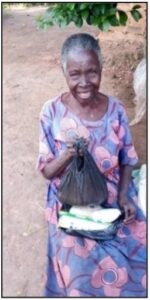
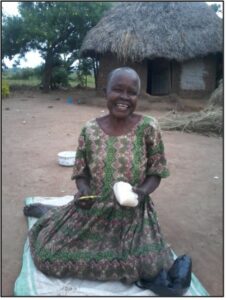
POSHU Disabled Support Project
Among the 60 children in our POSHU Disability Support Project are some with complex problems (e.g., hydrocephalus, spina bifida, other neural tube defects), which require medical intervention.
Working with Mbale Cure Pediatric Hospital has enabled CT scans, long-awaited diagnoses, with follow up appointments and medications prescribed as necessary for the project participants.
One such participant, Faith, and her mother are very happy with the support they are getting from POSHU and Cure Hospital. Faith’s treatment so far has entailed the provision of support shoes, vitamin tablets, and an exercise program.
Doctors are hopeful that one day she will be able to walk. Patrick is another success story for the POSHU-Mbale venture. Following leg surgery, his casts are coming off soon, he will be able to walk unaided and return to school.
In March, 2 wheelchairs for girls with spina bifida and cerebral palsy were delivered. This delivery has changed their lives. Previously the girls were left out of village life. Now their mothers can take their daughters with them instead of leaving them at home.
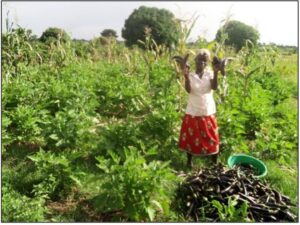
Other:
Alongside the Moroto group progress and the success of the Disabled Support Project, there is plenty of other activity across the various POSHU groups;
School Fee Support: after schools being closed for three years, students in Uganda are now returning to the classroom. POSHU continues to support fees for students.
Enterprise Shed: Covid delayed construction, but things are back on track now. Sewing classes: continue to be a favourite across the groups, particularly with teenagers. Groups are reporting that those involved in classes during lockdown are adjusting much better to being back in school post lockdown, or as the POSHU Njeru group reported “POSHU has helped us a lot!”
Vegetable Seed Distribution: it is the rainy season in Uganda and now is the time for planting crops. POSHU groups have planted vegetable seed in nursery beds and soon will transplant the seedlings into their home gardens.
Okra, eggplant, and greens make a big difference to nutrition for the community and money is saved by growing vegetables instead of purchasing them. Where POSHU members do not own land, group members are taught to grow vegetables in sacks near their homes.
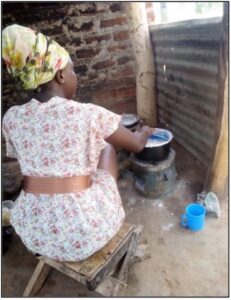
What would you do?
Is there a specific POSHU Project that YOU would like to support; perhaps a sewing machine for teenagers in a remote village, so they can learn an income generating skill? Any ideas or donations no matter how big or small are welcome.
Where POSHU is located?
The Ugandan districts and locations that Poshu operates in are 9 districts. On her trips to Uganda, Susan Howe travels approximately 2,000km within the country to visit the remote villages where the POSHU project operates.
